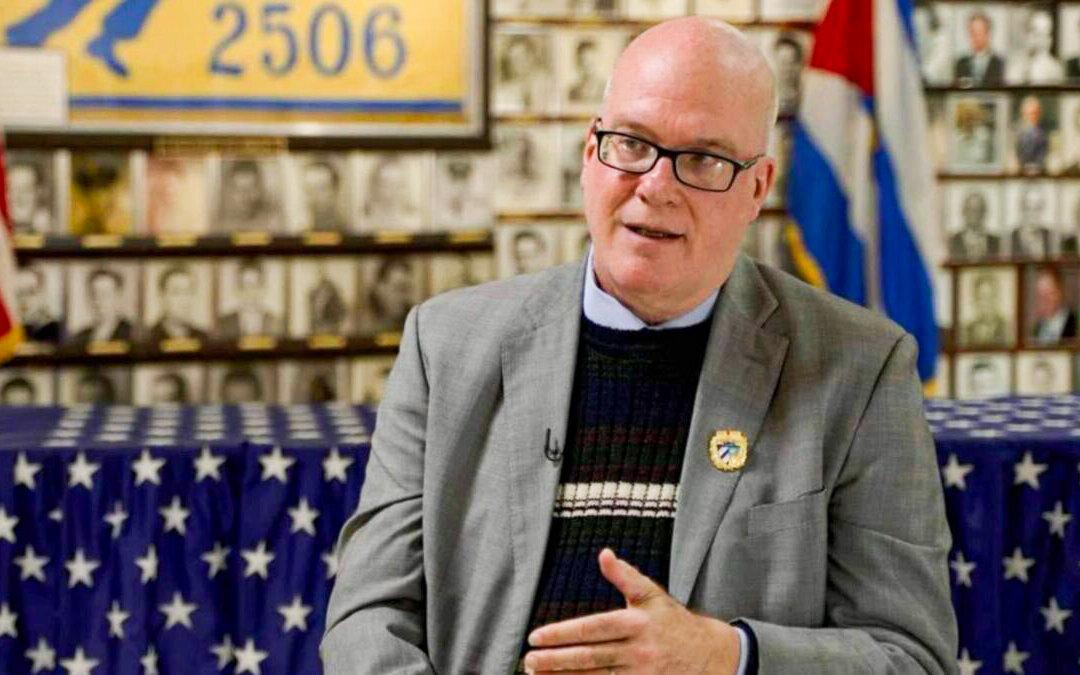Cuba is a major hub for a worldwide totalitarian movement and its intelligence network has spread its influence throughout the Western Hemisphere, said Orlando Gutierrez-Boronat, coordinator of the Assembly of the Cuban Resistance.
The communist Cubans have provided the intelligence structure and the organizational structure for the Chinese regime to expand their power in the Western Hemisphere, Gutierrez-Boronat told EpochTV’s “Crossroads” program.






